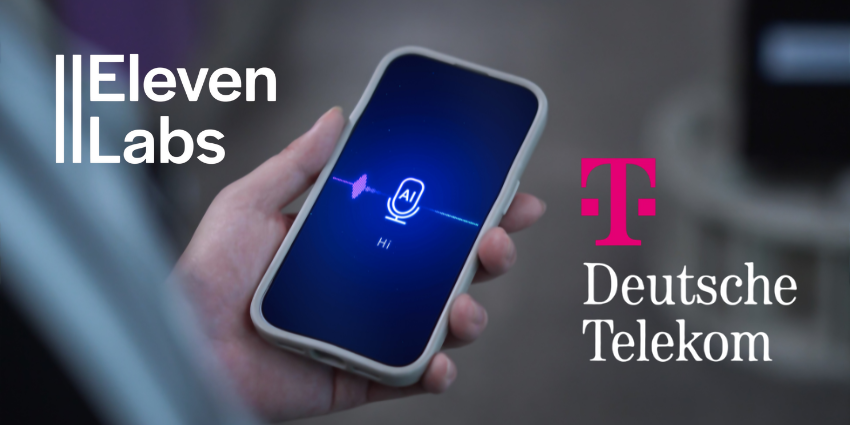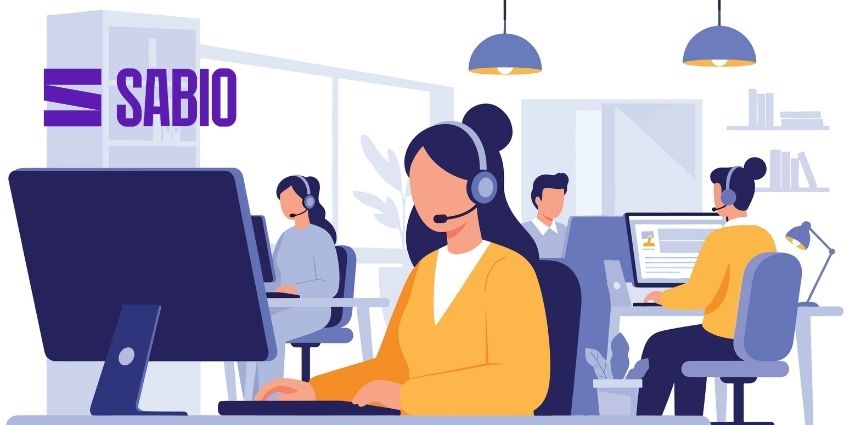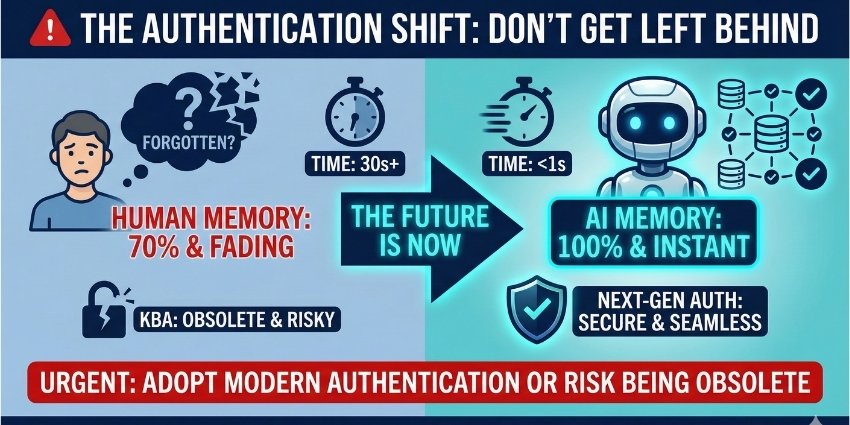It’s been another busy week in the CX space.
Among the biggest news stories, we’ve seen a new chatbot from Google, enhanced availability of Cisco’s AI assistant, insights from HubSpot’s latest earnings call, and a “first-of-its-kind” orchestration capability for Pega’s AI agents.
Here are the extracts from some of our most popular news stories over the last seven days.
Google Is Creating a Chatbot That Will Take Calls on Your Behalf
Google is creating a personalized AI-powered chatbot that sits natively on its suite of devices, which includes its smartphones, laptops, and tablets.
There, the chatbot will automatically answer calls, understand requests, and respond on the user’s behalf.
In doing so, the chatbot will autonomously decide how to handle aspects of the call, only involving the user when they must make important decisions.
Alternatively, it won’t interfere with a call. Its course of action will be dictated by the user’s preferences.
The news stems from the tech giant’s latest patent filing, which highlights how the chatbot may also feature on wearable computer devices – such as smartwatches – and even car systems.
Ultimately, the chatbot will aim to automate routine calls, answering quick and easy questions.
That includes responding to outbound communications from companies (Read on…).
Cisco Makes Its AI Assistant Available on the Webex Contact Center, Integrates an AI Agent
Cisco’s AI Assistant is now generally available on the Webex Contact Center.
Announced at Cisco Live 2025 EMEA, the AI Assistant will support contact center agents and supervisors as they perform various tasks on the platform.
Sharing more in a company blog post, Jay Patel, SVP & GM of Cisco Webex, said:
The Cisco AI Assistant for Webex Contact Center presents agents/supervisors with AI-powered assistance, offering automated guidance, context, insights, and summaries to optimize customer interactions.
Those agent capabilities include: Transfer Context Summaries, Dropped Call Summaries, and Agent Wellbeing (a burnout detection tool).
The Transfer Context Summaries feature ensures that when a customer escalates from an AI agent or IVR, the AI Assistant provides live agents with a summary of the key talking points so far (Read on…).
HubSpot Handles 35 Percent of Customer Queries with Its Own Bot
HubSpot is “leading by example” through the internal use of its own AI solutions.
Indeed, during the company’s Q4 2024 earnings call, CEO Yamini Rangan explained how HubSpot’s in-house use of products allows the company to show customers “what’s possible with AI.”
The tools being deployed include the vendor’s AI Support Bot, which is currently handling 35 percent of support tickets, without sacrificing HubSpot’s “high” customer satisfaction.
The CRM provider hopes to increase the number to over 50 percent before the end of 2025.
The implementation of the bot has allowed HubSpot to expand its customer base without increasing support staff, freeing up existing team members to tackle more complex issues.
The company’s AI Sales Bot is also now responsible for over 80 percent of its website chats, while AI-driven automation has generated 10,000+ sales meetings in Q4 alone (Read on…).
Pegasystems Announces a “First-of-Its-Kind” Orchestration Capability for AI Agents
Pegasystems has announced Pega Agent Experience, a new solution that guides AI Agents across the enterprise.
The vendor’s broader business process management capabilities set the stage for Agent Experience. With these, Pega helps brands design processes that stretch across the front and back office.
From there, Pega Agent Experience enables businesses to run AI agents across those workflows to automate more of the enterprise.
As such, Agent Experience enables a “first-of-its-kind” agentic orchestration capability, where businesses can plot out multi-step processes and automate them – partially or fully.
Indeed, businesses can automate various workflows – such as updating customer accounts, processing orders, filing applications, etc. – in customer experience and beyond.
Yet, Pega won’t only offer its own agents. Instead, if the task requires a specialist agent, Agent Experience can call on a third-party agent – from another platform – to complete the flow.
So, if a brand needs an agent to simplify a process – perhaps by extracting insight from an image, drafting a customer response, or something else – Agent Experience can pull these external agents into the fray (Read on…).







